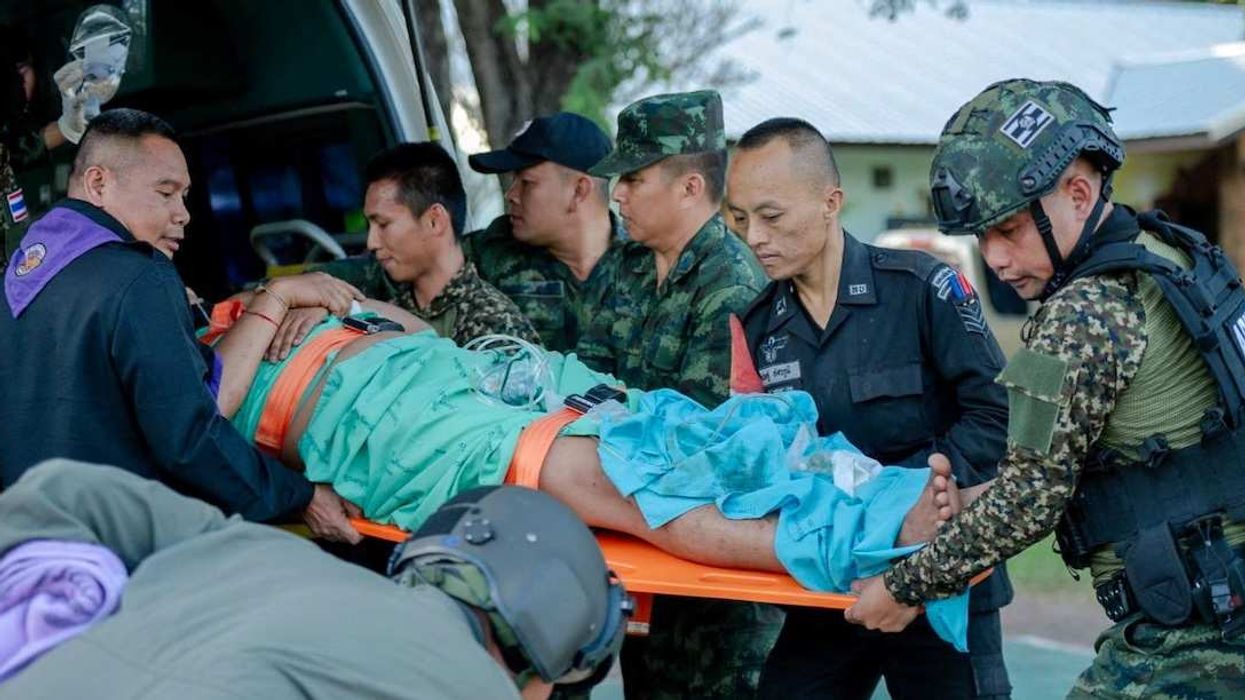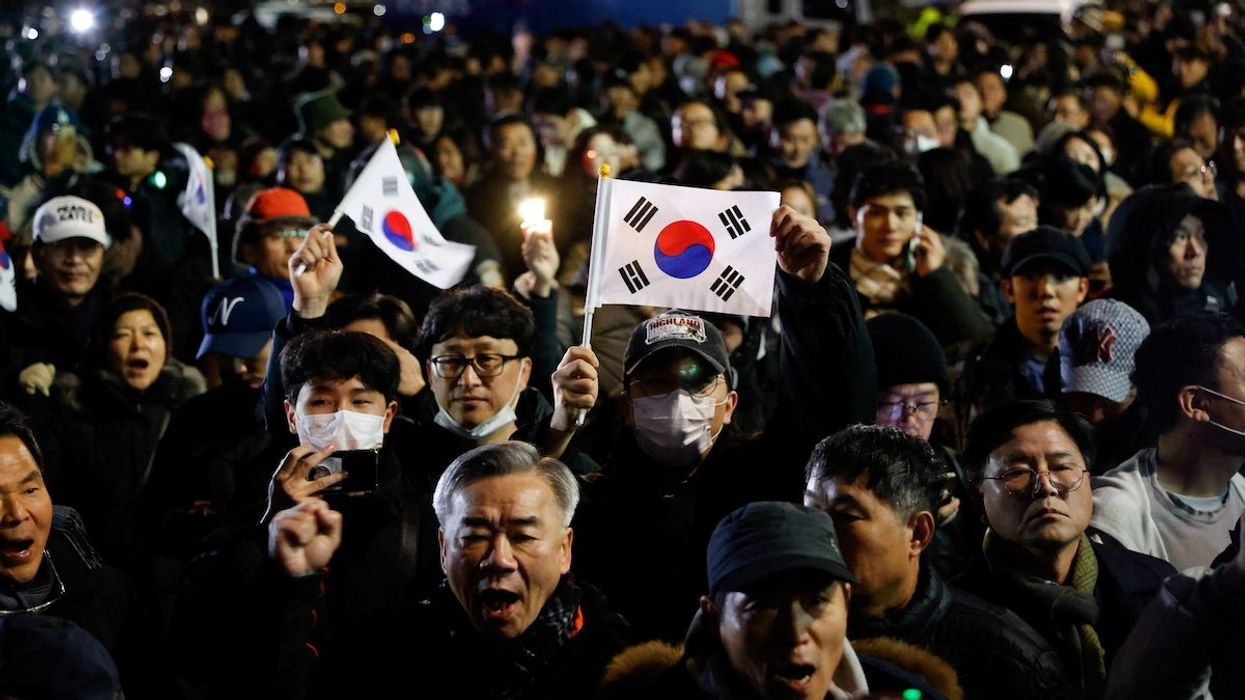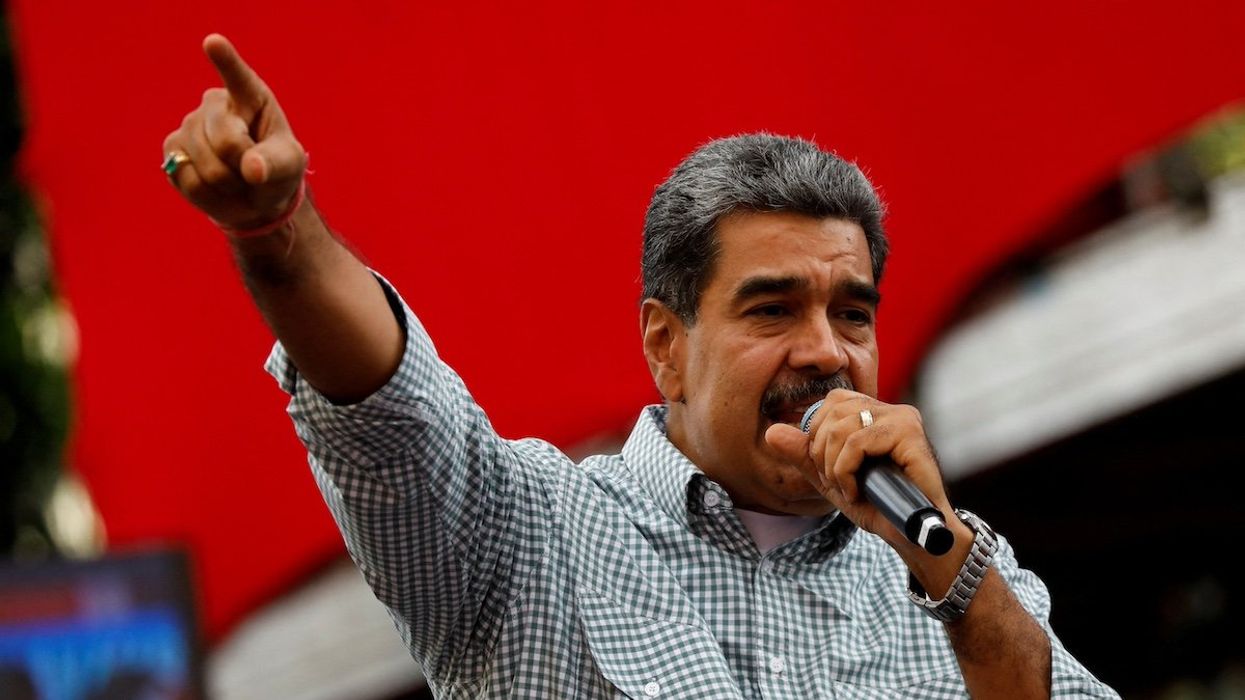What We're Watching
What We’re Watching: Thai-Cambodian ceasefire on verge of collapse, Trump makes “Monroe Doctrine” official, Benin foils coup attempt
Thailand and Cambodia’s ceasefire is on the verge of collapse. Strikes were launched across their disputed border today, following clashes over the weekend that resulted in the death of a Thai soldier.
Dec 08, 2025



